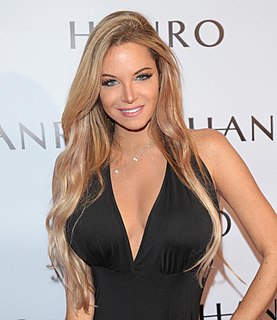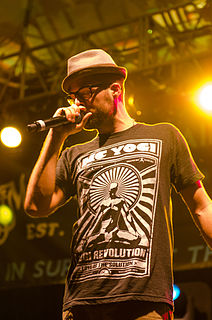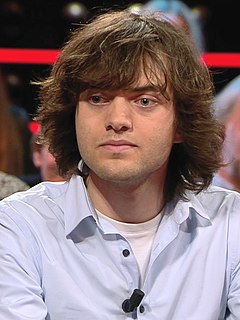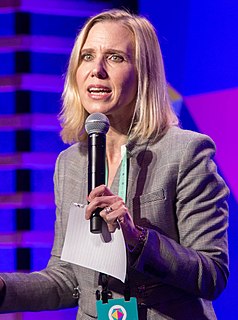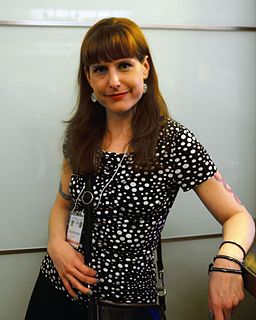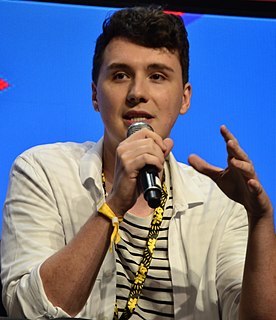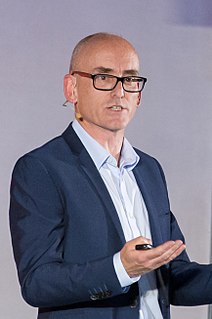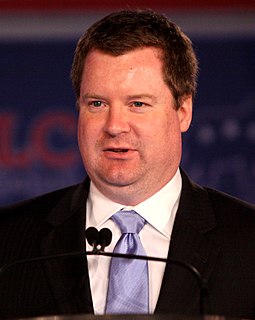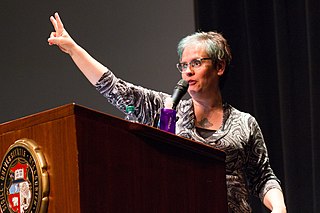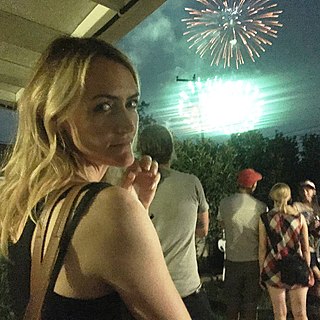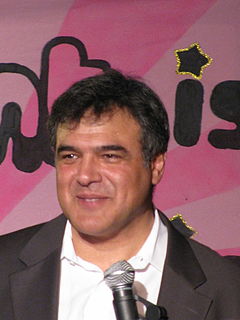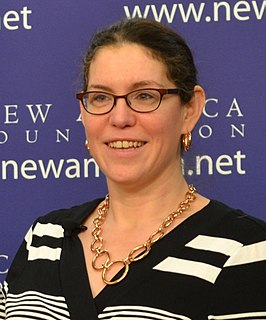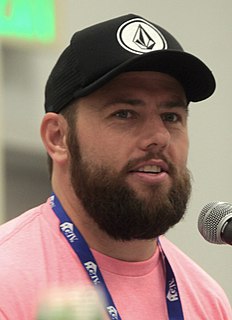A Quote by Steve Rubel
The bigger story here is that the fabric of the Net has changed; it’s a place for people to connect up around shared interests and then collaborate towards some sort of action.
Related Quotes
My dream is that people will find a way back home, into their bodies, to connect with the earth, to connect with each other, to connect with the poor, to connect with the broken, to connect with the needy, to connect with people calling out all around us, to connect with the beauty, poetry, the wildness.
You could perhaps better tell the story of a place by writing of a tiny village as a sort of prism into the bigger issues the culture was facing. It struck me as a better way to learn about a place, or at least a different way, than just going to interview the president. So I have often tried to tell the story of a place through people there. But I'm just amazed.
Downtown Cairo is at the center of the city, it is a place that has to be shared between different classes. It's a place where you see the bigger picture of the city's social fabric. It's also a place where you see all the contradictions of having all these layers, classes, and differences at the same time. And this is also where they clash, and where they negotiate. They negotiate their demands, their tastes, the lifestyles they want to have. So it's a very interesting space. I think that Downtown has maintained that identity before, during, and after the revolution.
You know I think so many of us live outside our bodies. My dream is that people will find a way back home, into their bodies, to connect with the earth, to connect with each other, to connect with the poor, to connect with the broken, to connect with the needy, to connect with people calling out all around us, to connect with the beauty, poetry, the wildness.
We live in a world of empty spectacle, the world of spectacle rock, songs you can't remember, it's all about the expression of money, power and kind of empty and fascistic. Where technology has changed society, where people are not using their brains as much, not seeing the bigger picture but constantly looking down at the cellphone and not seeing the bigger picture. Today's songwriter need to be on outside, find their own trip if you will and find a way to connect from a place that no one has heard before. It might be taken as weird but that is what makes it unique.




